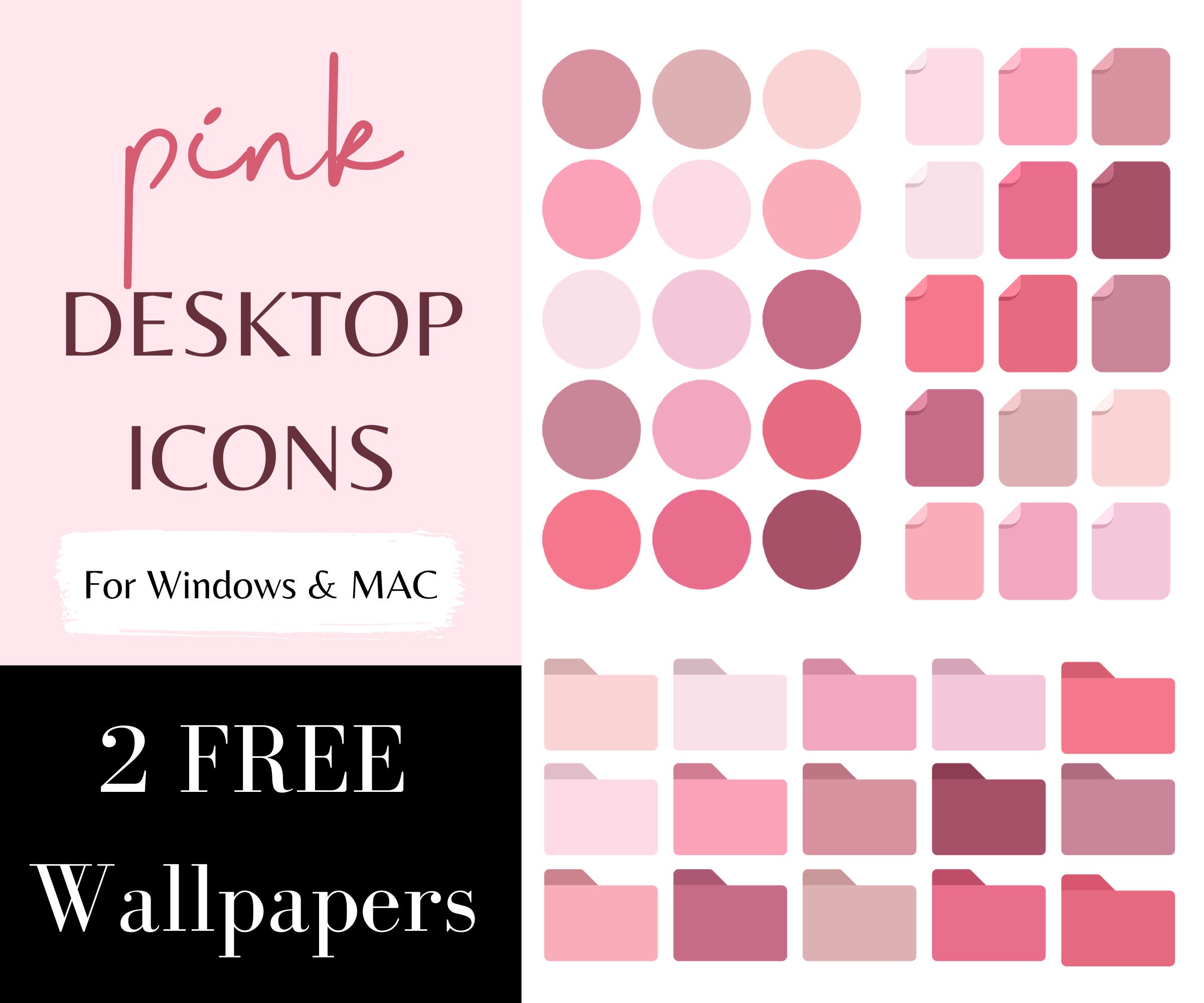
Typically, users interact with information by manipulating visual widgets that allow for interactions appropriate to the kind of data they hold. The visible graphical interface features of an application are sometimes referred to as chrome or GUI (pronounced gooey).

Methods of user-centered design are used to ensure that the visual language introduced in the design is well-tailored to the tasks. Its goal is to enhance the efficiency and ease of use for the underlying logical design of a stored program, a design discipline named usability.
FREE MAC ICONS FOR WINDOWS SOFTWARE
The touch UIs popular on small mobile devices are an overlay of the visual output to the visual input.ĭesigning the visual composition and temporal behavior of a GUI is an important part of software application programming in the area of human–computer interaction. It is the result of processed user input and usually the main interface for human-machine interaction. The GUI is presented (displayed) on the computer screen. The term GUI tends not to be applied to other lower- display resolution types of interfaces, such as video games (where head-up display ( HUD) is preferred), or not including flat screens like volumetric displays because the term is restricted to the scope of 2D display screens able to describe generic information, in the tradition of the computer science research at the Xerox Palo Alto Research Center.
FREE MAC ICONS FOR WINDOWS PORTABLE
Beyond computers, GUIs are used in many handheld mobile devices such as MP3 players, portable media players, gaming devices, smartphones and smaller household, office and industrial controls. The actions in a GUI are usually performed through direct manipulation of the graphical elements. GUIs were introduced in reaction to the perceived steep learning curve of command-line interfaces (CLIs), which require commands to be typed on a computer keyboard.

The graphical user interface ( GUI / ˌ dʒ iː juː ˈ aɪ/ JEE-yoo- EYE or / ˈ ɡ uː i/ GOO-ee) is a form of user interface that allows users to interact with electronic devices through graphical icons and audio indicator such as primary notation, instead of text-based UIs, typed command labels or text navigation.


 0 kommentar(er)
0 kommentar(er)
